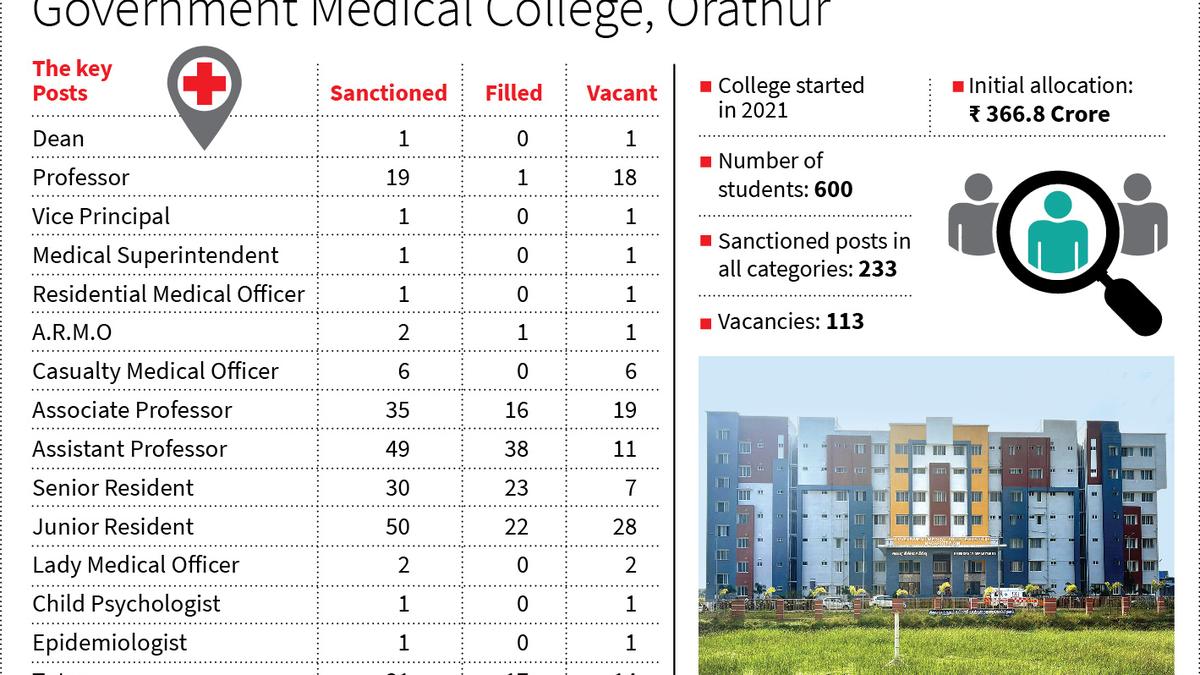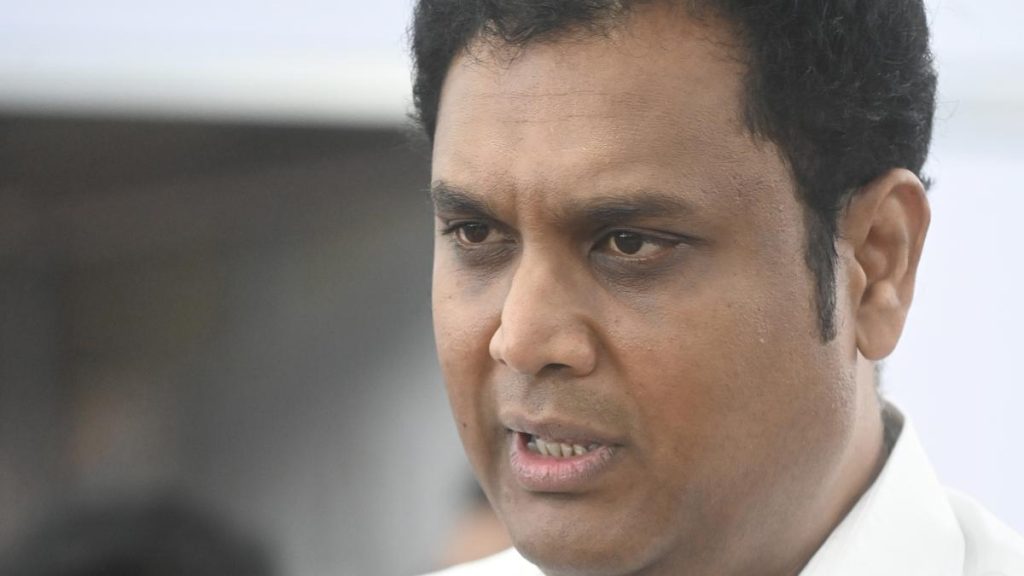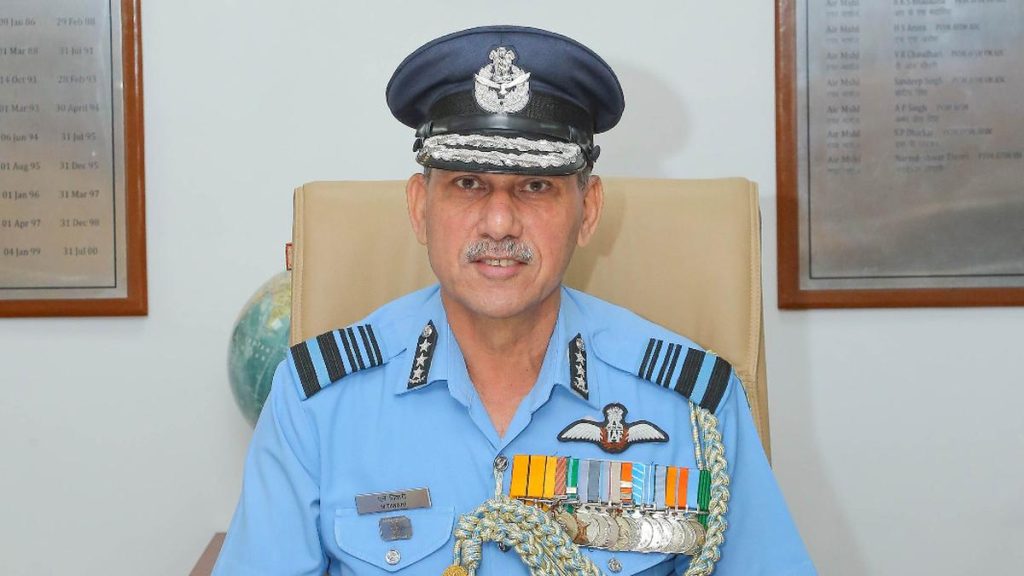Now Reading: Staff Shortages Plague Orathur Government Medical College in Nagapattinam
-
01
Staff Shortages Plague Orathur Government Medical College in Nagapattinam
Staff Shortages Plague Orathur Government Medical College in Nagapattinam

Swift Summary
- Over 100 posts remain vacant at the Government Medical College in Orathur, Nagapattinam district, tamil Nadu.
- The college was established in 2021 and inaugurated by prime Minister Narendra Modi in 2022; it aimed to serve as a healthcare hub for underserved regions.
- Constructed at a cost of ₹254.8 crore under an initial allocation of ₹366.8 crore,the campus accommodates a 700-bed teaching hospital and around 600 MBBS students from across India.
- Of the sanctioned 233 posts,113 are vacant. Vacancies span critical designations like dean, Professors, Vice Principal, and specialized medical positions such as Epidemiologists and Child Psychologists.
- Issues cited include staffing shortages compounded by poor infrastructure (e.g., lack of compound walls or mobile network coverage) and remote location with inadequate transportation options.
- Former Minister O.S. Manian criticized inadequate government support that undermines the college’s vision of serving rural populations in Nagapattinam and adjacent districts efficiently.
- CPI(M) official K. Venkadesan echoed concerns about accessibility issues due to distance from town (12 km) coupled with poor road connectivity and lack of nearby amenities.
- A senior official emphasized that staffing challenges are common in newer rural medical colleges across Tamil Nadu due to professionals’ unwillingness to relocate without added incentives.
Indian Opinion Analysis
The vacancy crisis at orathur’s Government Medical College underscores systemic challenges faced by newly established healthcare institutions in rural areas. Even though conceived with enterprising goals to improve access to quality medical care for underserved populations, persistent gaps in recruitment highlight structural issues such as reluctance among skilled professionals to accept postings outside urban centers.
poor infrastructure exacerbates these staffing problems: inadequate transportation links reduce accessibility for both patients and employees while insufficient local amenities may lower willingness among staff members to relocate long-term.
The fact that similar challenges reportedly affect other new colleges suggests broader policy-level limitations requiring targeted solutions – including financial incentives or enhanced living conditions – tailored specifically towards attracting talent for rural postings.
addressing this issue is vital not just for fulfilling the envisioned goal of equitable distribution of health services but also ensuring efficient utilization of substantial public investment (₹366.8 crores). Resolving these shortages effectively could serve as a model framework applicable across other under-resourced regions nationwide.
Read more: Source Link

























